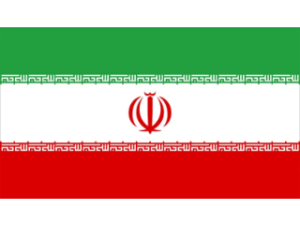Climate Justice Seminar Tripoli

Tripoli Seminar
Venue: YTD
Time: YTD
February 13, 2024
Climate Justice in Libya: Equitable Responses to Vulnerabilities and Responsibilities
Climate justice in Libya involves recognizing the country’s unique vulnerabilities to climate change while addressing the ethical imperative to mitigate its impacts in an equitable manner. Despite Libya’s relatively low contribution to global greenhouse gas emissions, it faces significant climate-related challenges due to its geographical location and limited adaptive capacity.
Climate justice in Libya necessitates acknowledging the historical responsibility of developed nations for the current state of the climate, and urging them to provide support for adaptation and mitigation efforts in developing countries. Libya’s political instability and resource constraints further underscore the need for international assistance in building climate resilience.
Equity within Libya itself is crucial, as marginalized communities are often disproportionately affected by climate impacts. Ensuring access to resources, opportunities, and decision-making for these communities is essential for climate justice.
Collaboration among nations, international organizations, and civil society is vital to address Libya’s climate challenges justly. This involves assisting Libya in adopting sustainable practices, diversifying its economy, promoting clean energy, and implementing strategies that protect vulnerable populations. Ultimately, climate justice for Libya entails not only mitigating environmental risks but also upholding the rights and well-being of its people.

Climate Justice Seminar Tripoli Read More »



